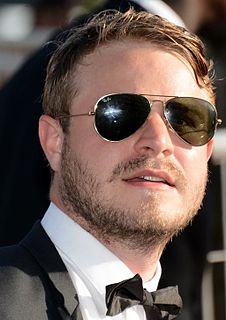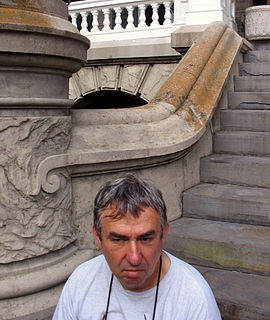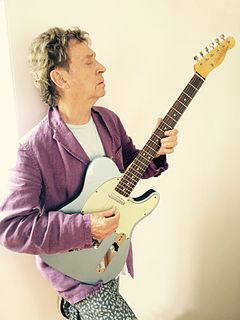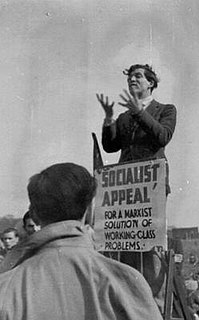A Quote by Brady Corbet
I don't think that there's anything that we shouldn't be allowed to photograph, really, unless there's something that's really deeply harmful to the subject in the photograph.
Related Quotes
One of the magical things about photography is the transformation that takes place when you photograph something. Something that inherently has very little going for it in terms of the interest you take in it, can become infinitely more interesting when rendered as a photograph. It's no longer a building. It's a photograph.
How foolish of me to believe that it would be that easy. I had confused the appearance of trees and automobiles, and people with a reality itself, and believed that a photograph of these appearances to be a photograph of it. It is a melancholy truth that I will never be able to photograph it and can only fail. I am a reflection photographing other reflections within a reflection. To photograph reality is to photograph nothing.
While we cannot describe its appearance (the equivalent), we can define its function. When a photograph functions as an Equivalent we can say that at that moment, and for that person the photograph acts as a symbol or plays the role of a metaphor for something that is beyond the subject photographed.
... I'm sort of a nervous person with the camera, so I will just shoot arbitrarily until I can focus and compose something, and then I make a shot. So generally, in [the] proof sheets, there are only three or four really concentrated efforts to take a photograph. It's not like a professional kind of person who sets it up so every photograph looks really cool.
I don't really remember the day when I stood behind my camera with Henry Kissinger on the other side. I am sure he doesn't remember it either. But this photograph is here now to prove that no amount of kindness on my part could make this photograph mean exactly what he.. or even I.. wanted it to mean. It's a reminder of the wonder and terror that is a photograph.




































